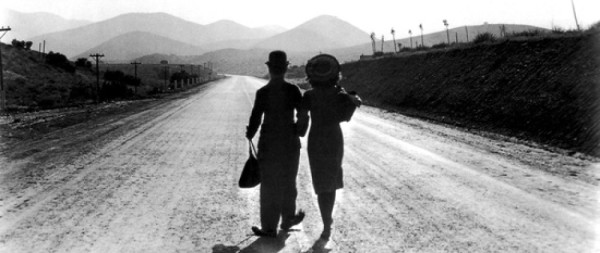The Love Parade
Directed by Ernst Lubitsch
Written by Ernest Vadja and Guy Bolton from a play by Leon Xanrof and Jules Chancel
1929/US
Paramount Pictures
IMDb Page
Repeat viewing/Criterion Channel
Queen Louise: Count. Count Alfred, I understand you’ve been seriously involved in a disgraceful affair with a woman.
Count Alfred Renard: No, Your Majesty – with several.
Queen Louise: Aren’t you ashamed of yourself.
Count Alfred Renard: [Shaking his head no] Yes, Your Majesty.
The first of the Lubitsch musical/operettas featuring Maurice Chevalier is a lot of fun, if a little creaky around the seams.
Ladies man Count Alfred Reynard (Chevalier) has gotten into one scrape too many with married women on his assignment in Paris so he is ordered to return to his home country of Sylvania. The people of the land are anxious to see their young queen Louise (Jeanette MacDonald in her film debut) marry but she doesn’t seem to be in any hurry. Instead, she enjoys her ideal lover in her dreams. Then she meets the Count and they fall in love.

They marry and then the Count discovers that he is Prince Regent and that he must obey the Queen in everything. He soon becomes bored and threatens to return to Paris. Things work out as one might imagine. With Lupino Lane and Lillian Roth as a comic counterpart to the lovers and Eugene Pallette in a small part as Minister of War.

MacDonald shows what a sexy and funny lady she could be in her first film. The Hayes Code and Nelson Eddy did her no favors in that regard. The songs aren’t particularly good but the dialogue is wonderful, with plenty of double entendres. The production is appropriately lavish and Lubitsch works magic with his famous “touch”. Recommended and one of my favorite films of its year.
The Love Parade was nominated for Academy Awards in the categories of Best Picture, Best Director, Best Cinematography, Best Art Direction, and Best Sound, Recording.


























